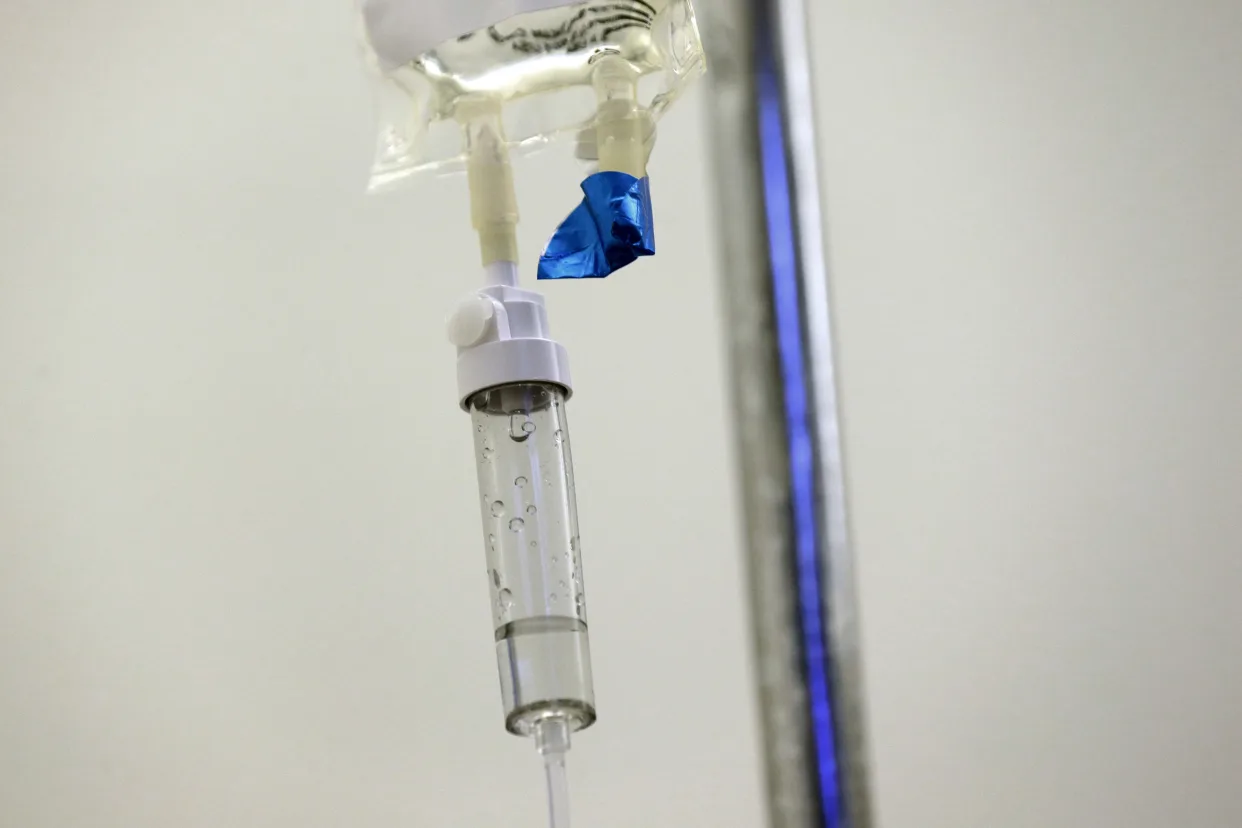Doctors at the world’s largest cancer conference have reported that scaling back treatment for three types of cancer can improve the quality of life for patients without compromising their outcomes. This reflects a growing trend in studying whether reducing the intensity of treatments, such as surgery, chemotherapy, or radiation, can help patients live longer and feel better. The latest studies focused on ovarian and esophageal cancer, as well as Hodgkin lymphoma.
In the past, cancer research focused on administering more treatment, rather than less. For instance, women with advanced breast cancer were subjected to high doses of chemotherapy and bone marrow transplants, which proved to be no more effective than standard chemotherapy and caused patients to suffer greatly.
Now, researchers are shifting their focus to optimizing cancer care by questioning the necessity of the extensive treatments used in the past.
Dr. Tatjana Kolevska, medical director for the Kaiser Permanente National Cancer Excellence Program, emphasizes the importance of repeatedly asking a certain question. She was not involved in the new research.
Improved drugs have made it possible for doing less to be effective in cancer treatment, according to Dr. William G. Nelson of Johns Hopkins School of Medicine. He also was not involved in the new research.
These findings were presented at the American Society of Clinical Oncology conference in Chicago over the weekend. Here are the key points discussed regarding ovarian cancer.
A recent study conducted by French researchers has determined that it is safe to avoid removing healthy lymph nodes during surgery for advanced ovarian cancer. The study involved 379 patients, with half of them having their lymph nodes removed and the other half not. After a nine-year follow-up, there was no significant difference in the survival rates of the patients, and those who underwent less-extensive surgery experienced fewer complications, such as the need for blood transfusions. The research was funded by the National Institute of Cancer in France.
In another study from Germany, 438 individuals with a specific type of esophageal cancer were examined. Half of the participants received a standard treatment plan involving chemotherapy and surgery on the esophagus. The other half received an alternative approach that also included radiation. Both treatment methods are considered common, and the choice between them may depend on the location of treatment.
A study funded by the German Research Foundation compared the outcomes of different treatment approaches for Hodgkin lymphoma. After three years, the study found that 57% of patients who received chemotherapy and surgery were still alive, compared to 51% of those who received chemotherapy, surgery, and radiation.
In another study funded by Takeda Oncology, a comparison of two chemotherapy regimens for advanced Hodgkin lymphoma showed that the less intensive treatment was more effective and caused fewer side effects. After four years, the gentler chemotherapy kept the disease under control in 94% of patients, compared to 91% of those who received the more intense treatment. The trial included 1,482 individuals from nine countries, including Germany, Austria, Switzerland, the Netherlands, Denmark, Sweden, Norway, Australia, and New Zealand.
